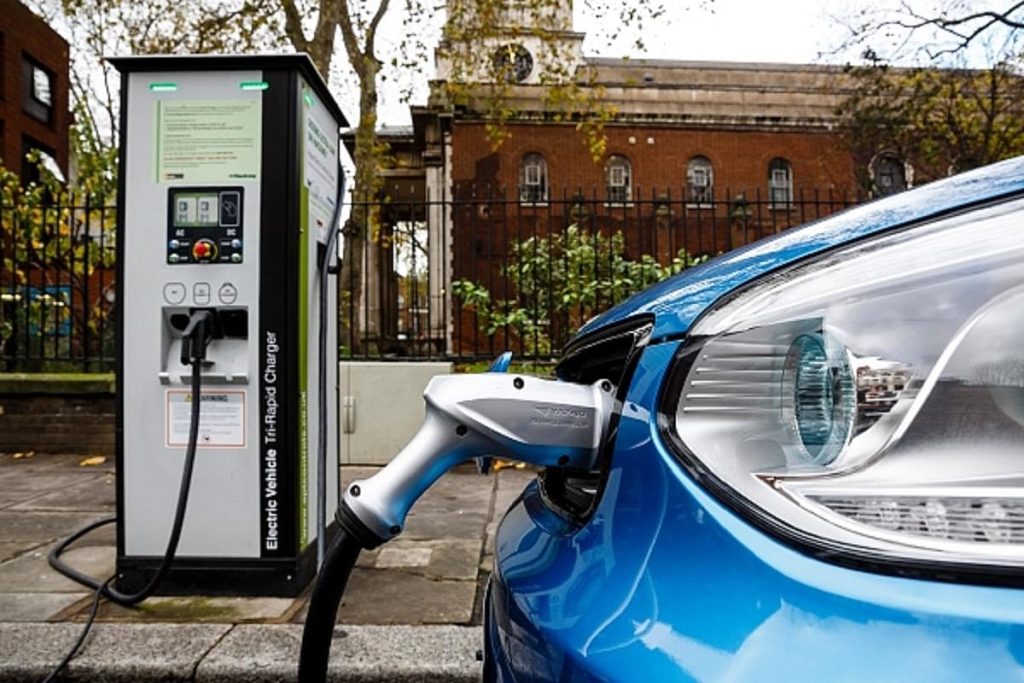Indian Oil Corporation, the country’s leading vehicle gasoline retailer, has announced intentions to build 10,000 charging stations in three years. The company’s net carbon zero plan, which is scheduled to be presented soon, would include the installation of electric vehicle charging stations as well as the manufacturing of green hydrogen.

The declaration by IndianOil comes only two days after the Prime Minister set a goal of being net-zero by 2070. Electric vehicles are now a reality, and IndianOil is prepared to meet the difficulties and capitalize on the potential. Chairman IndianOil states, “Our basket of services will now include alternative energy sources, including EV charging at our petrol stations. This would instill trust in both car makers and buyers, allowing for further EV manufacturing and uninterrupted driving.
Bharat Petroleum Corporation Limited (BPCL), in addition to IndianOil, has announced its intention to install charging stations at 7,000 fuel pumps over the next several years. In September, the state-owned Hindustan Petroleum Corporation Ltd (HPCL) announced its intention to build 5,000 electric vehicle charging stations over the next three years. It had 84 electric vehicle charging points.
The establishment of e-charging stations is both a strategy to diversify its business and a plan for a net-zero future for the corporation, due to the challenges that electric cars can pose to the liquid fuel industry. While BPCL stated in a statement that EV charging infrastructure would provide the company with a new business opportunity as well as a hedge against the risk of auto fuel displacement, chairman IndianOil, mentioned in a statement that EV charging infrastructure would provide the company with a new business opportunity as well as a hedge against the risk of auto fuel displacement. The country’s energy pie is expanding. They are not in a state of economic stagnation. Overall, our energy pie is expanding, necessitating the use of a variety of fuels to fulfill our energy demands.
The coverage of state capitals, smart cities, and important roads and expressways would be phased in. A considerable number of these (1,472) stations will be located in smaller towns and along roads, with the majority of them catering to electric two-wheelers. This figure would rise to 2510 in the third year when IndianOil’s total number of stations would reach 10,000. For the installation of EV chargers at its petrol stations, IndianOil partnered with Tata Power, REIL, Power Grid Corporation, NTPC, Fortum, Hyundai, Tech Mahindra, BHEL, and Ola. Initially, a combination of chargers for two and three-wheelers would be given, with the number of chargers increasing as demand and market circumstances increased.
IndianOil’s director of research and development announced that by 2024, two of the company’s refineries in Panipat and Mathura will be producing 10% of their hydrogen from renewable sources. “Once the Mathura refinery hits 10%, IndianOil will have a total of 10% green hydrogen utilization.” Unlike grey hydrogen, which is created from natural gas or naphtha, green hydrogen uses solar electricity to electrolyze water and produce hydrogen.






Read/Add Comments